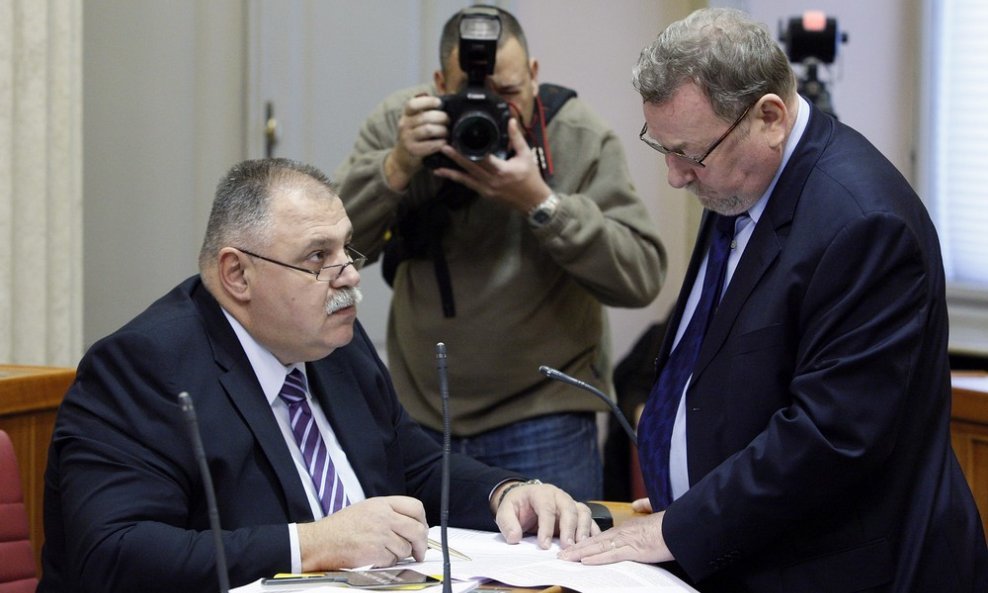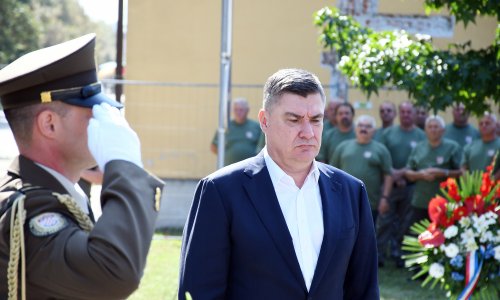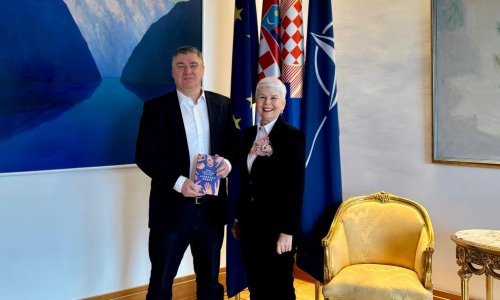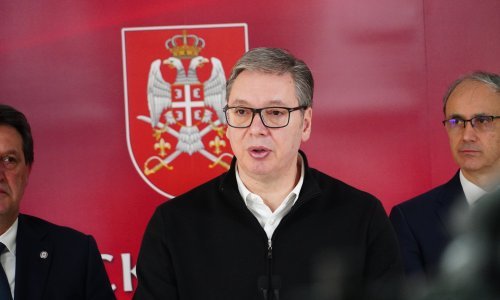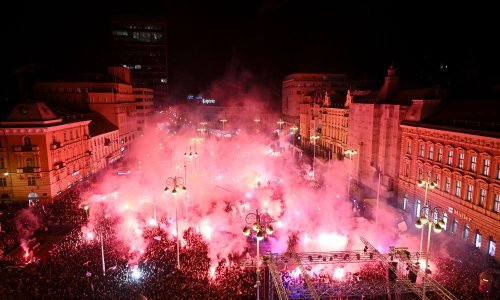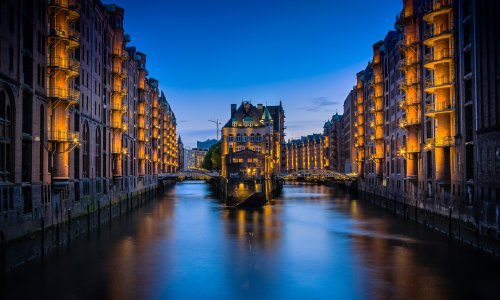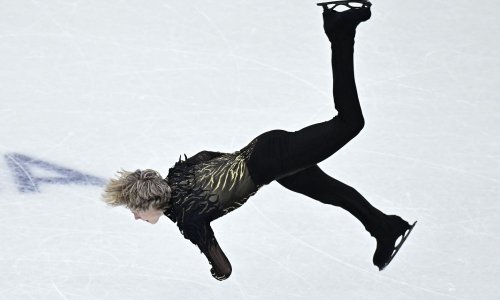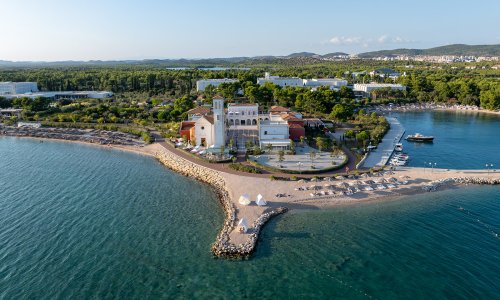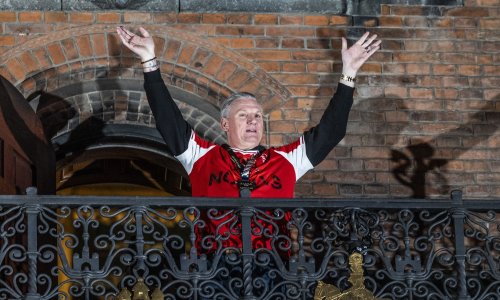Parliamentary parties from the ruling coalition on Friday said they would support the new government and its programme, expressing confidence that the government would manage to pull the country out of the crisis and ensure better living standards for citizens. Opposition deputies, notably those from the Croatian Democratic Union (HDZ), disagreed, calling the government's programme a mere wish list.
HDZ MP Ivan Suker said his party would not support the new government, telling its members that they would have to increase taxes or introduce new ones to make their wishes come true, considering the level of budget revenues.
Cutting the budget by 10 billion kuna without restricting rights is an illusion, Suker said.
He added that the HDZ would be a serious Opposition. "We won't let anyone tell us that nothing has been accomplished. Do you think we would have completed the EU accession talks it that were so?" Suker said.
Dragutin Lesar of the Croatian Labour Party welcomed the announced introduction of labour courts and stricter labour inspections, as well as the announced labour market flexibility, but warned that in Croatia territorial migration of the labour force was almost impossible because of problems with housing provision and education.
Dinko Buric of the Croatian Democratic Party of Slavonia and Baranja (HDSSB) said ministers in the Zoran Milanovic government were worthy of their honourable positions, expressing hope that he would have the same opinion of them at the end of their terms.
He announced, however, that his party would abstain from voting confidence in the new government and its programme, and asked that the new government have a more active policy towards the Slavonia region.
Furio Radin of the parliamentary group of ethnic minorities said his group would support the new government.
Milorad Pupovac of the Independent Democratic Serb Party (SDSS) said today's events in parliament were similar in their importance to the most important political decisions in Croatia's history.
In the last eight years, relations between ethnic groups have been improved, but there is still room for doing more, Pupovac said, noting that there were still major differences in the level of development of individual regions.
Parties making up the ruling coalition strongly supported the government's programme.



